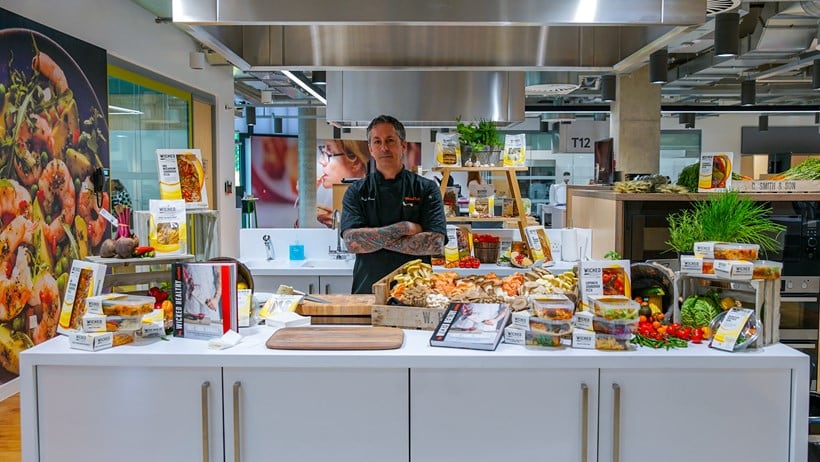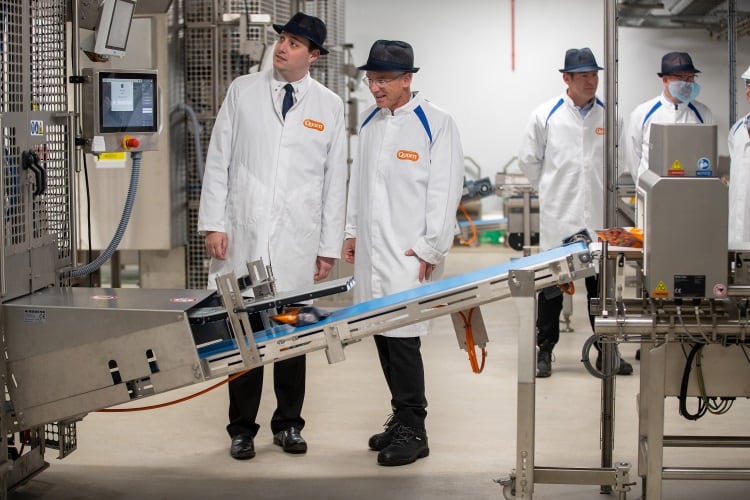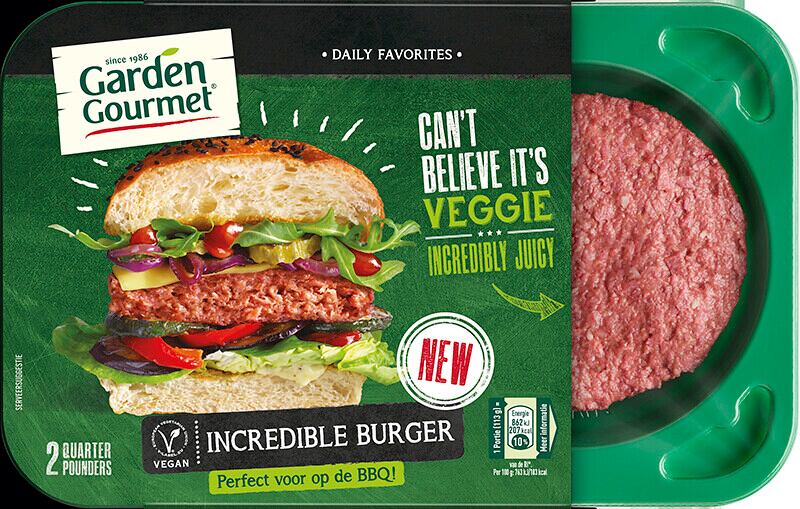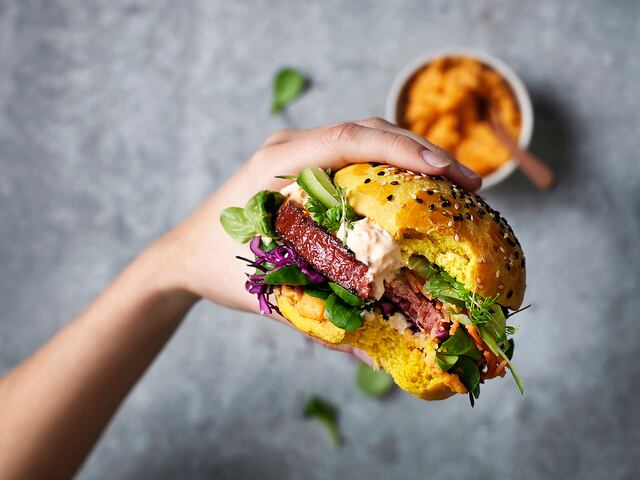When Nestlé revealed it was expanding Garden Gourmet, a brand that started in Israel and grew throughout Europe, in the UK last year, country managing director Paula Jordan spoke to us about her excitement at launching a “new brand in a new segment”.
“It is one of the most important areas of growth for us within food, Nestlé in the UK and Nestle within Europe,” she enthused.
Less than a year later, it would seem likely that the brand’s UK performance has failed to meet the company’s expectations. While Nestlé did not detail its motivation, the company confirmed this week that it will withdraw Garden Gourmet from supermarket shelves in the country following the “initial trial”.
Commenting on the decision, a spokesperson for the Swiss food giant stressed that the company remains committed to the plant-based space.
“We believe that a more plant-based diet is the future and one of our strategic priorities is to expand our vegetarian and flexitarian choices. Garden Gourmet products are still part of our UK and Irish out-of-home offering through our Nestlé Professional business while, in retail, we are now exploring our options in the plant-based market following the initial trial of Garden Gourmet in UK supermarkets.”
The spokesperson confirmed the decision is only applicable to the UK – and indeed only in retail channels. Garden Gourmet will still be available across multiple European markets.
So, if Nestlé isn’t taking the foot off the accelerator when it comes to Garden Gourmet, what is it specifically about the UK market that has prompted the company to exit the field?
A food fight for shelf space
The UK has seen a massive jump in vegan product development in recent years. According to Mintel’s NPD database, in 2016 vegan products accounted for 9% of total product launches. By 2018, this was up to 15.6%. So far in 2019 vegan launches made up a surprisingly high 23% of all new food launches.
What is particularly interesting about these figures is not just the fact that more plant-based products are being launched. The market dynamics have shifted from branded players to private label. In 2016, the vast majority – 73% - of launches were branded. By 2018, private label activity in the segment was more evident and retailer brands amounted to 33.4% of launches. In the year-to-date, this figure is even higher. Retailer brands currently account for 38.6% of vegan product launches.
“It is becoming more competitive in the UK because of private label,” Mintel analyst Edward Bergen told FoodNavigator.

Bergen believes Tesco’s 2018 launch of Wicked Kitchen marked something of a turning point for plant-based own label innovation in the country. The vegan messaging was toned down and the products were moved out of low footfall areas in store such as the dietary requirements aisle and into the main chiller sections. Other retailers quickly followed suit.
This has had a major impact on the way the trend – which was heavily influenced by social media – has developed. “What the retailers have done is give it shelf space, space in store, point of sale support. In terms of developing the trend, [plant-based food] has got a big boost from retailers, who have focused on own brand,” Bergen noted.
High SKU rotation
The UK supermarket space has among Europe’s most developed private label markets, with clearly defined product ranges.
Supermarkets use their own brands to drive customer loyalty and differentiation and will often favour their own ranges when allocating shelf space. This could well make it difficult for less well-established brands to gain shelf space in the first place.
Own label lines also do something that brands typically try and avoid: They frequently rotate their SKUs. Pointing to Marks and Spencer’s seasonal Spirit of Summer line (“the whole range is designed to be de-listed”), Bergen suggested it could be difficult for branded businesses to keep pace with this level of rotation.
Plant-based brands under pressure?
All this means plant-based and vegan brands have come up against an increasingly competitive market in the UK. But that doesn’t mean all plant-based brands have struggled.
Quorn Foods – probably the most established meat-free brand in the UK – has gone from strength to strength. In 2017, the group recorded its “strongest ever year of growth”. In the first half of 2018, its most recent results release, Quorn continued this momentum with sales up 12%.
The business, which is now owned by Philippines food giant Monde Nissin, expects to turnover a billion dollars by 2027.

Quorn is not just riding on the coat tails of growing demand for meat-free products. Core to its growth strategy is ongoing investment in innovation and technological capability. The company is investing £7m in a new global innovation centre, creating what it described as “a high-tech British powerhouse”. In November, it also opened what it billed as the “world’s biggest” alternative protein production facility.
Certainly, Nestlé has more than enough R&D clout to compete in this tech driven space.
Earlier this month, the company said it is rolling out its Incredible Burger – made to imitate the look and taste of a beef burger before and during cooking – in Austria, Belgium, Denmark, Finland, Germany, the Netherlands, Norway and Sweden, before hitting the US in the autumn.
The Garden Gourmet Incredible Burger is made from soy and wheat protein, as well as natural plant extracts from beetroot, carrot and bell pepper.
"These new burgers don’t compromise on flavour, texture and cooking experience,” the head of Nestlé's food business, Wayne England, said.
“They underline Nestlé's increased focus on tasty, authentic plant-based food. We believe this trend is here to stay, as consumers look at different ways to enjoy and balance their protein intake and lower the environmental footprint of their diets."
But in the UK market established brands and intense competition from own label are clearly making the going slow. It could therefore make a lot more sense for Nestlé to concentrate its efforts on establishing Garden Gourmet in key European and international markets.




